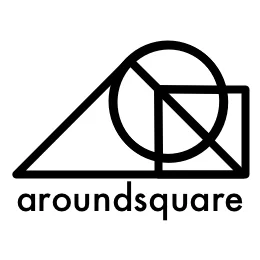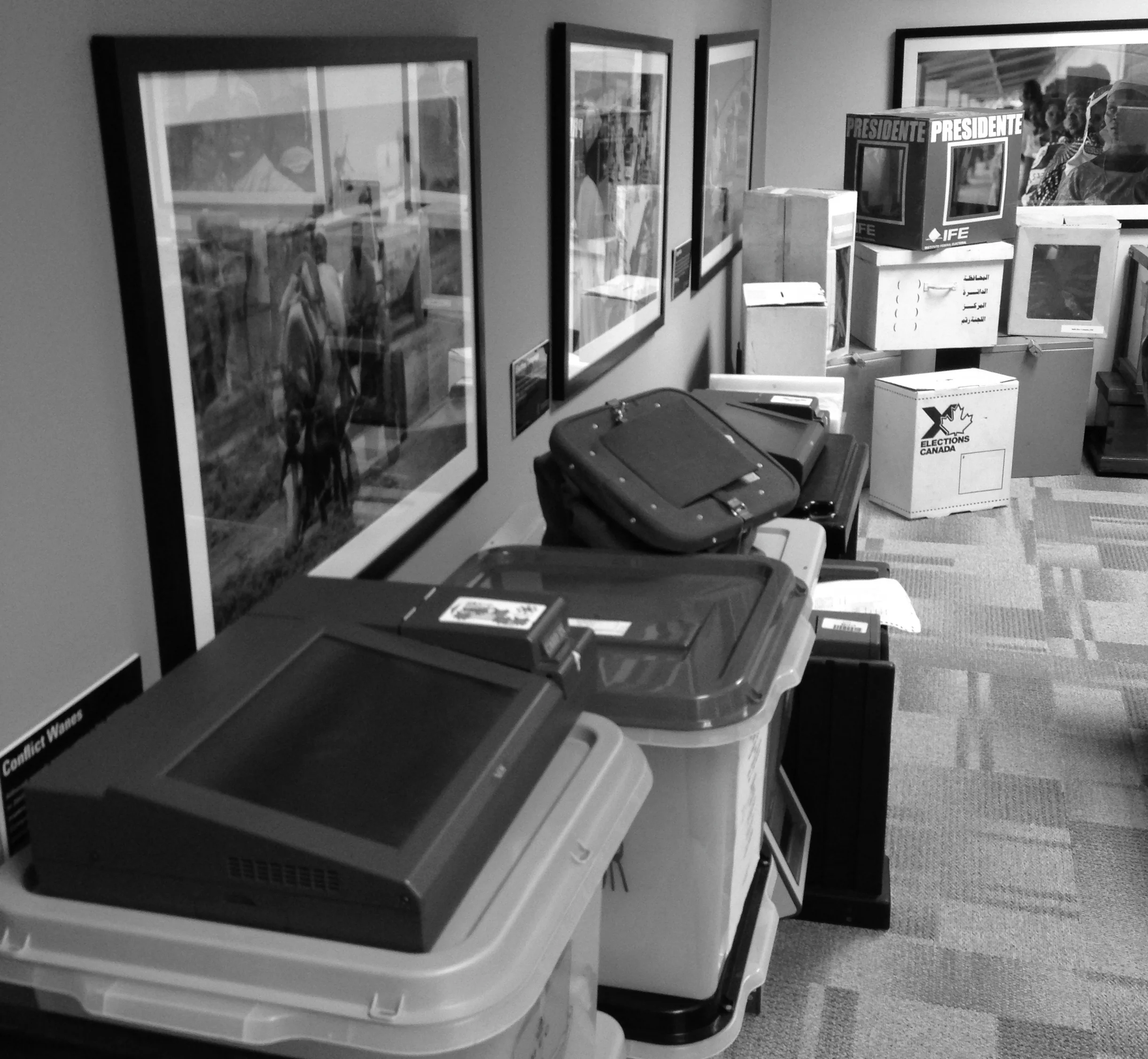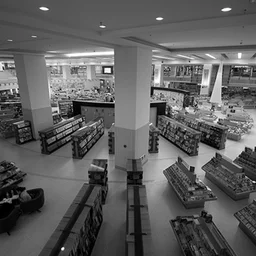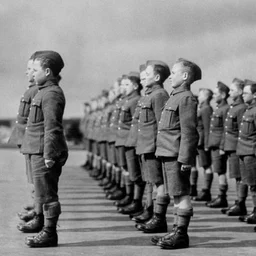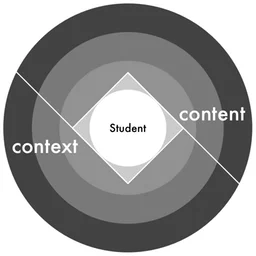democracy and play
/At Aroundsquare, we believe in play, and we believe in democracy. Until the end of December 2014, all proceeds from the purchase of Aroundsquare's toys will be donated to support the work of the civil society Council for a Community of Democracies. Learn more about their excellent work here. And read on to understand a little bit more about the connection between creative play and democratic participation.
One of the cornerstones of democracy is a citizenry that is ready to take on the responsibilities that democratic participation demands. This requires quite a lot of things, including a sense of interest and engagement in the world around us, and a feeling of self-efficacy, like we are capable of making a difference. We need
Read More


